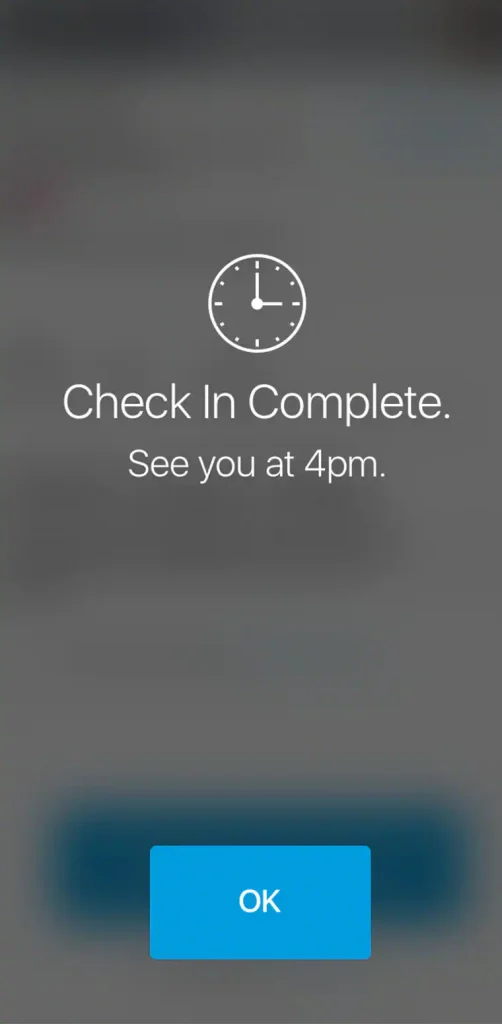Smart hotels attracted the giant hotel chain enabling innovation in hospitality using smart technologies.
Hilton has taken a big step in the world of the Internet of Things (IoT) by enabling innovative technologies to upgrade its hospitality services and rapidly shape the way its customers interact with the company’s infrastructures.
Smart hotels are on the rise with more and more hotel businesses adopting IoT solutions to enable robust smart integration. IoT innovation provides many new opportunities in the hospitality industry. The so-called smart technologies can be beneficial for both hotel operators and guests. In smart hotels, IoT-connected devices are used to create a better customer experience and a streamlined hotel management system for staff and administrators.
IoT technology provides guests with a set of interactive options for automating various settings for door locks, lights, thermostats, and more. Hotel owners benefit from cost savings, increased efficiency, and guest satisfaction.
The giant hotel chain has developed its technologies, most of which are accessible through the ‘Hilton Honors app’. It is now considered to be one of the most highly sophisticated smart hotel chains around the world. ‘Digital Key’ and the ‘Connecting Rooms’ consist of Hilton’s biggest latest innovations. They are digital tools that enable customers to use their mobile phones to unlock and lock their rooms. Also, book online and instantly confirms connecting rooms when traveling in groups, with their family members or friends.

Smart Hotels: Contactless experience
Among others, Hilton’s customers can use their smartphones to download the app and experience a set of innovative technologies. Such as contactless arrival, digital key, online booking, etc. The contactless key feature was first introduced back in 2015, but now – and after the pandemic – the ‘Digital Key’ has expanded rapidly.
To access the contactless experience, Hilton’s guests should download the app and then request a room. Once their room is ready, they receive a push notification on their smartphones that their digital key is also available. The digital key can be used to open any door guests would normally access with a regular key. This includes their rooms, elevators, side doors, the fitness center, or the parking garage.
Once the guests download the Hilton Honors app their smartphones operate also as a remote control for key rooms functions. For instance, controlling the TV, lighting, and temperature of the room. The light switches and the thermostats within the rooms are equipped with high-tech sensors, which receive commands directly from the Hilton Honors app. For now, these features are available at selected properties of Hilton’s chain. However, the company is constantly working on expanding the contactless experience to more hotels and adding more smart features.
Smart Hotels: Data collection
Hilton’s customers can check in on the app before they arrive or while they are on their way to one of the company’s hotels. They can also choose the room they like the most, by comparing all the available rooms or scanning by filters such as “park view”, “street view”, “near the elevator” or any other facilities. The same app can be used by customers to unlock the door of their rooms by using the “Digital Key” tool.
“Go Straight to Your Room with Contactless Arrival. You have everything you need to keep your stay safe and smooth with three easy steps on the Hilton Honors app: check-in, choose your room and unlock your door with Digital Key” says Hilton by describing its innovative services.
By using this app Hilton’s customers can earn rewards and get special offers for discounts or early bookings. They can also view and manage their reservations in one place and check in or check out from the app without having to visit the hotel’s reception. Practically, they do not need to contact any of the hotel staff, as they can make the reservation through the application and then with their smartphone to unlock their room.
To use the app the customers must provide personal information such as their name, email, phone number, and their address, and accept the terms of use. Users’ sensitive data is collected by Hilton and stored on their servers. Due to fact that this is a global company, it is likely Hilton to share customers’ sensitive data among members of the Hilton Portfolio of Brands. Therefore as the company highlights international transfers of personal information it is also a common practice. Customers’ data is also used for marketing purposes and can be sold to third parties for business or commercial purposes, as permitted by law. Customers retain their right to demand the permanent deletion of their personal information from Hilton’s database.



The ‘Digital Key Share’
Hilton’s ‘Digital Key’ is now available at more than 80% of Hilton’s portfolio, which consists of 5,400 of Hilton’s properties worldwide. These smart hotels technology have been used to open more than 135 million guestroom doors and have reduced plastic waste by 125 tons.
Recently the company has introduced the ‘Digital Key Share’ feature which allows more than one guest to have access to their room’s Digital Key, simply by using their smartphones as a room key.
How it Works: The primary guest can share their active Digital Key with up to four additional people or devices from the Hilton Honors app. For the secondary guest to gain access to the Digital Key, they must receive an invitation from the primary guest, be logged into the Hilton Honors app, and pass a security check that happens instantly in the background.
Guests who accept a share will have access to the room throughout the stay and, for security purposes, cannot further share the Digital Key.
“We’ve always had our guests at the heart of everything we do, and we continue to listen, evolve, and innovate to give them more choice and control over their hotel stay,” said Chris Silcock, Executive Vice President, and Chief Commercial Officer at Hilton. “Our approach to technology always starts with the guest experience, and as travel returns, we are pleased to provide Hilton guests with enhancements to their stay that are seamless, flexible, and allow them to focus on what matters most – creating new memories.”
“We will always be in the business of people serving people, but the pandemic has proven that many guests appreciate the ability to check-in, choose their room on their phone and walk straight to their room – where their phone is now their key. Fortunately, we are way ahead of the industry with so many of our hotels equipped for contactless arrival through the Hilton Honors app. Now we are working to make the experience even better,” Mike Gathright, Senior Vice President, Customer Experience at Hilton pointed out.

Connecting Rooms
Hilton has launched and developed another innovative technology, the so-called ‘Connecting Rooms’. According to the company, the ‘Connecting Rooms’ introduces a booking experience that allows individuals to easily book and instantly confirm at least two connecting rooms. The new feature, which is accessible through the Hilton Honors app is now rolling out globally and provides a digital solution for a long-time travel planning frustration.
How it Works: Individuals can book and instantly confirm connecting rooms in three easy steps. First, the guest selects the number of desired rooms, along with the destination and dates. Then, when selecting a room, the guest checks the box to indicate “connecting rooms.” Finally, the guest selects their desired connecting rooms and books their stay with instant confirmation.



